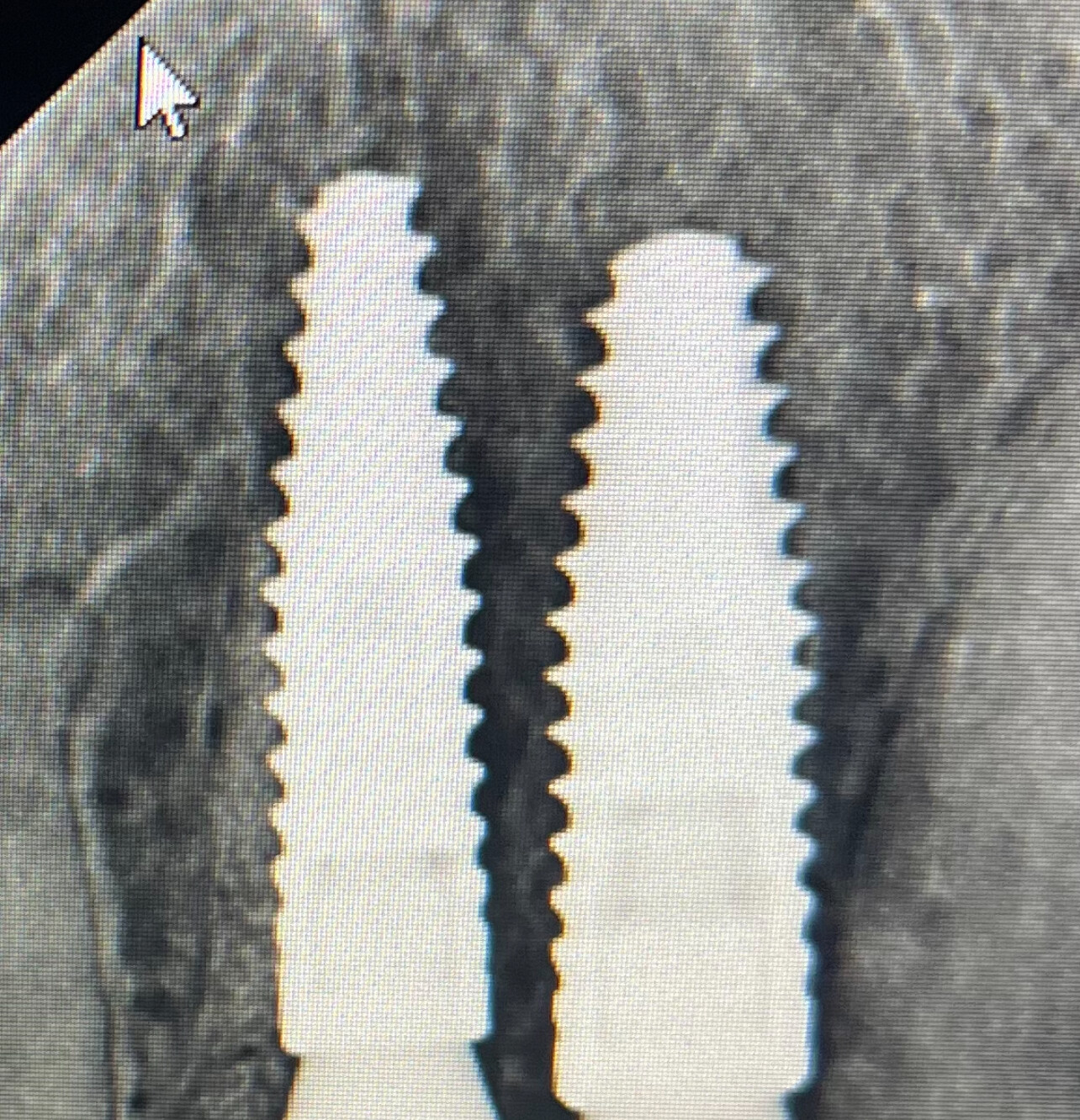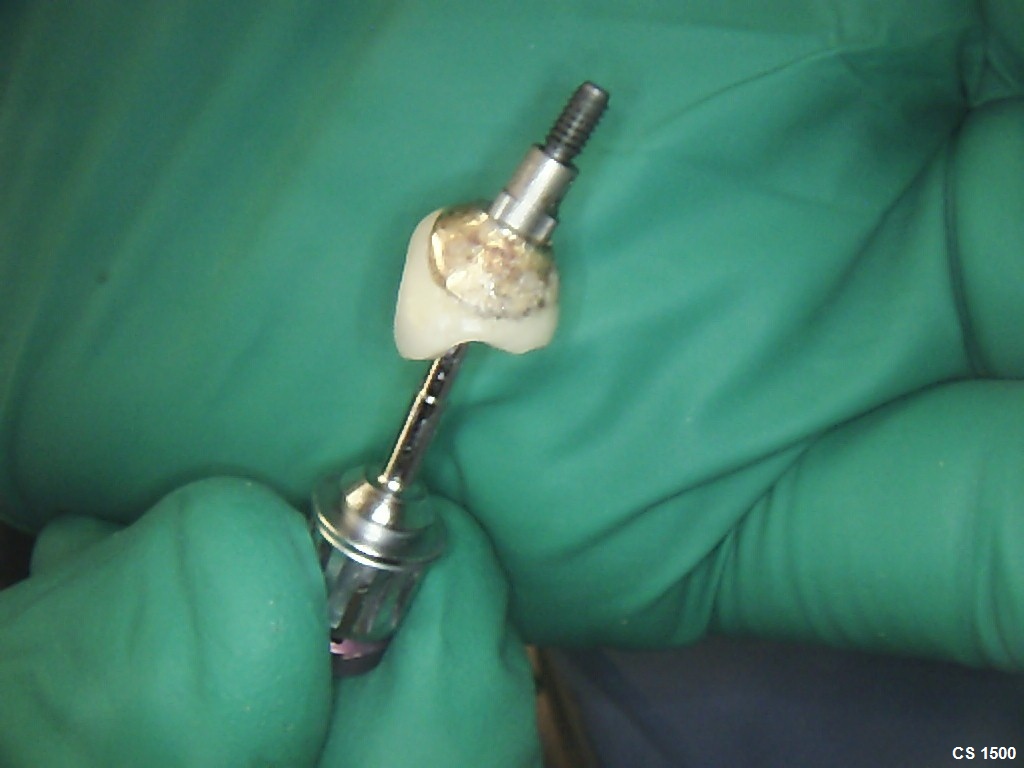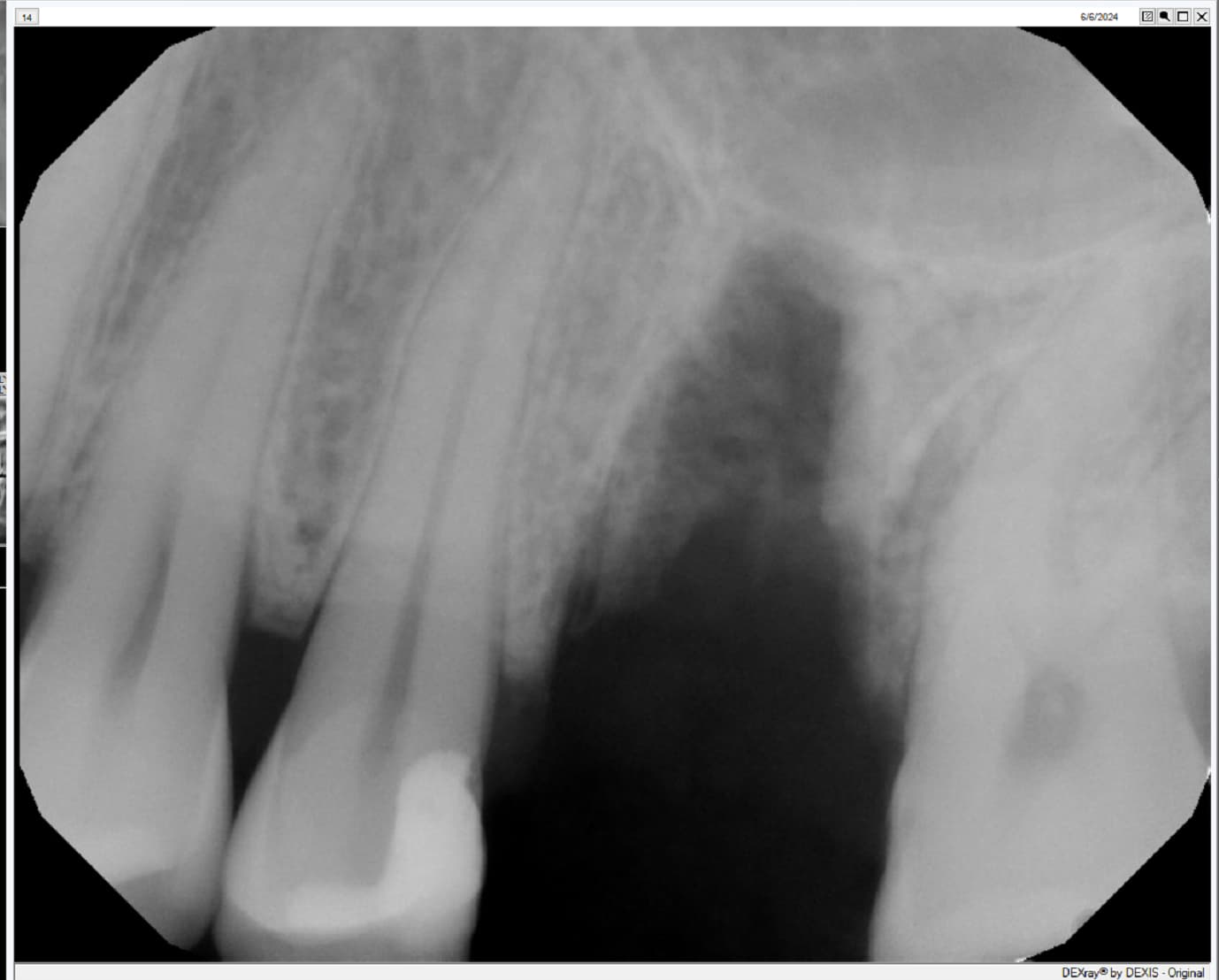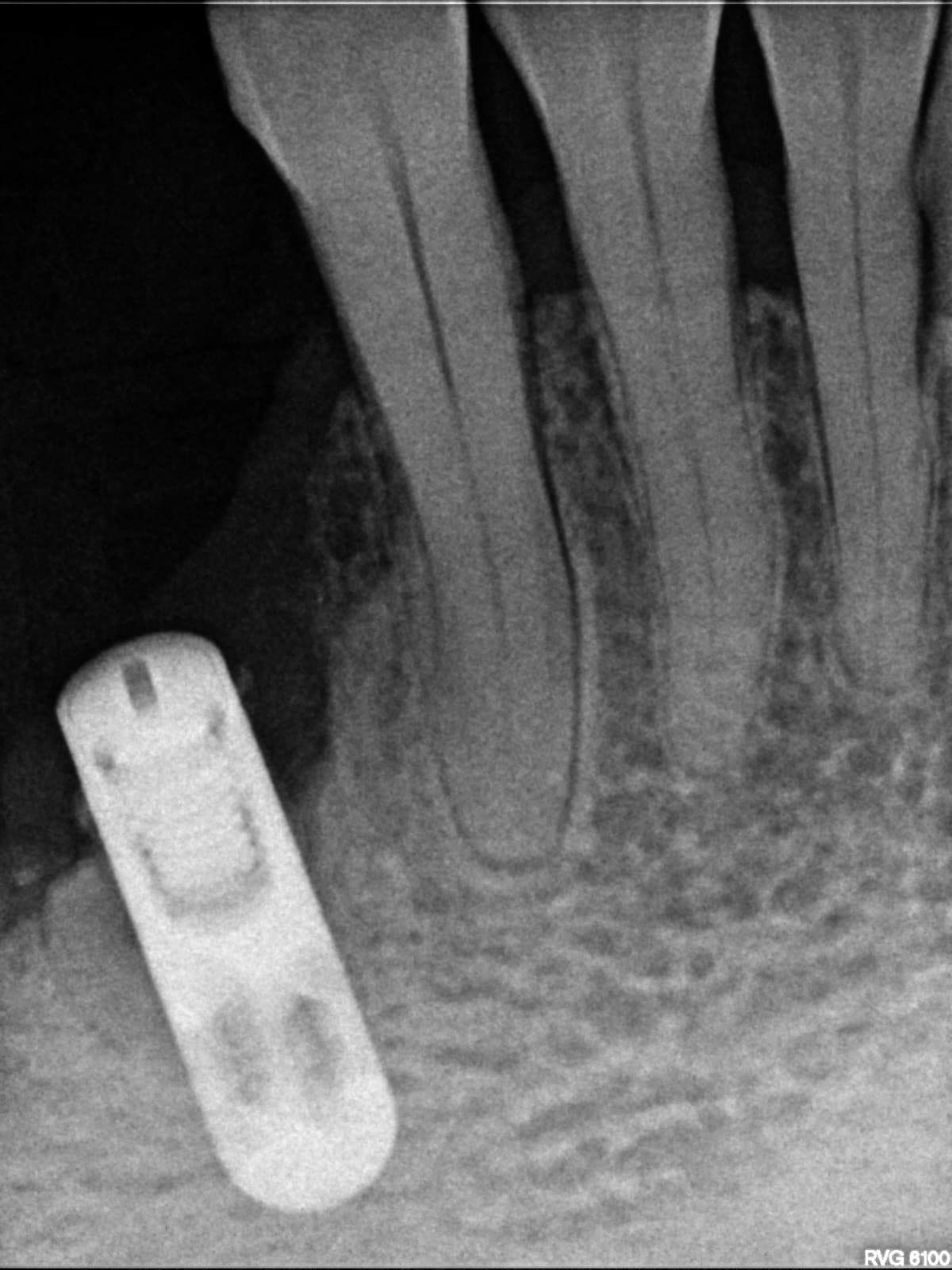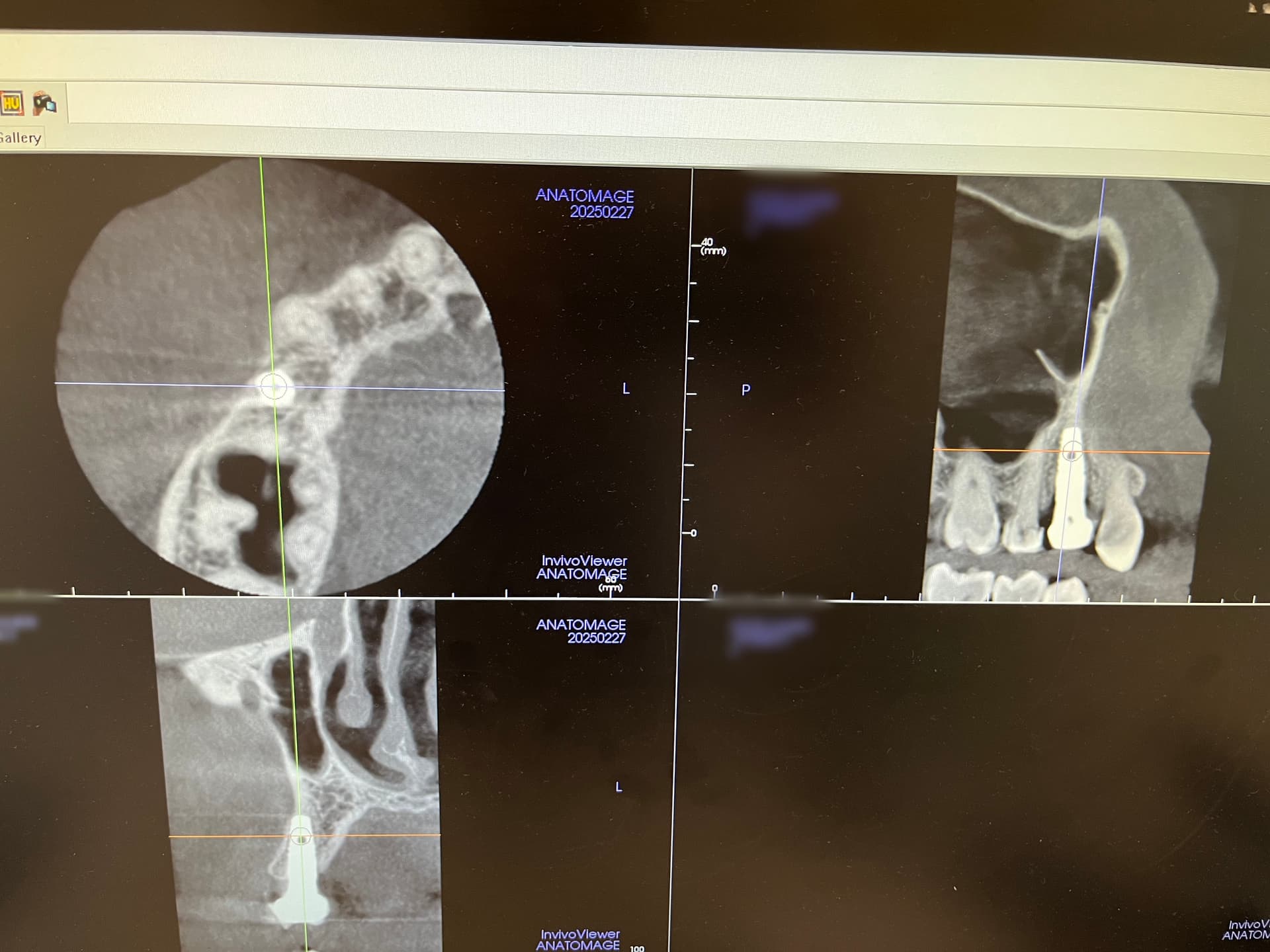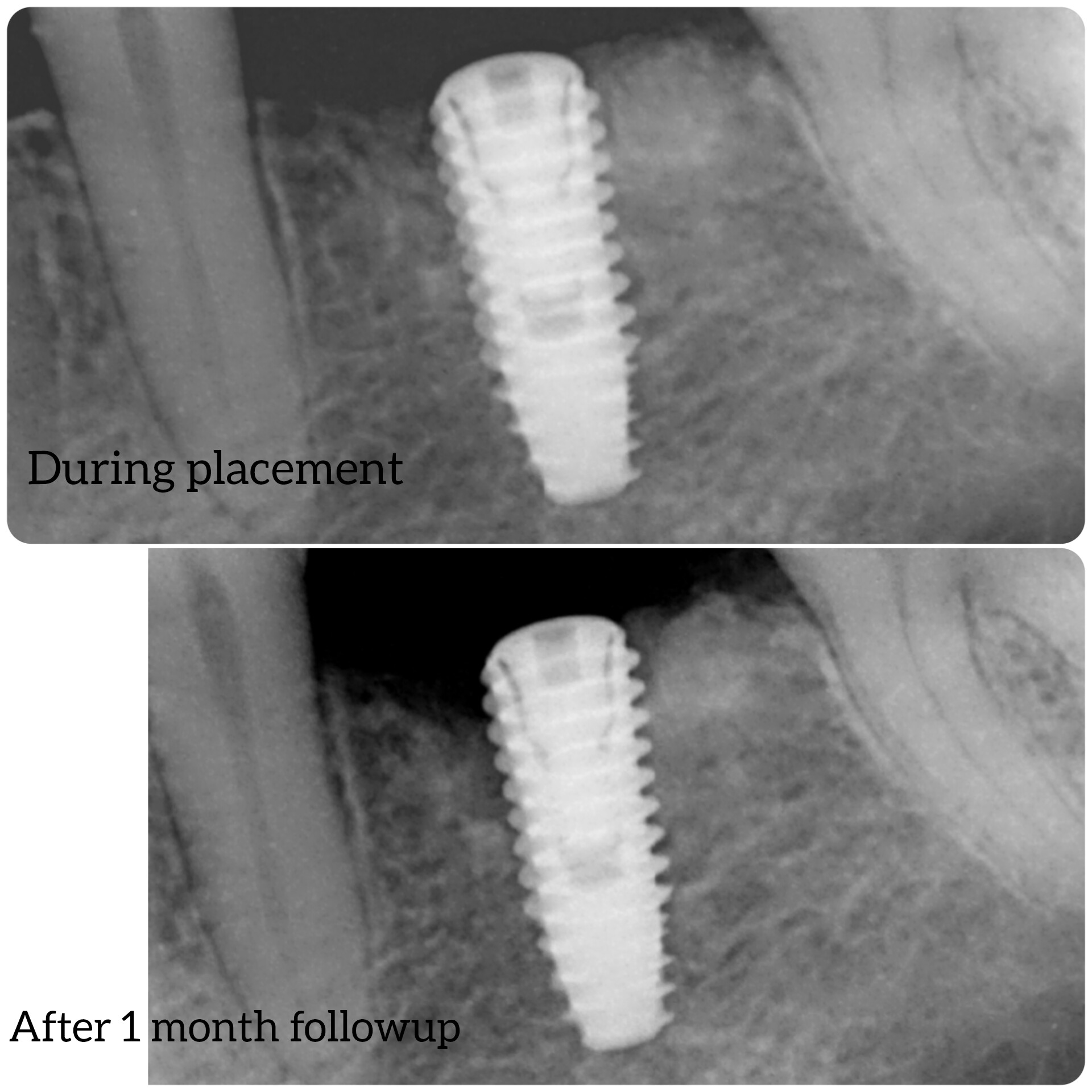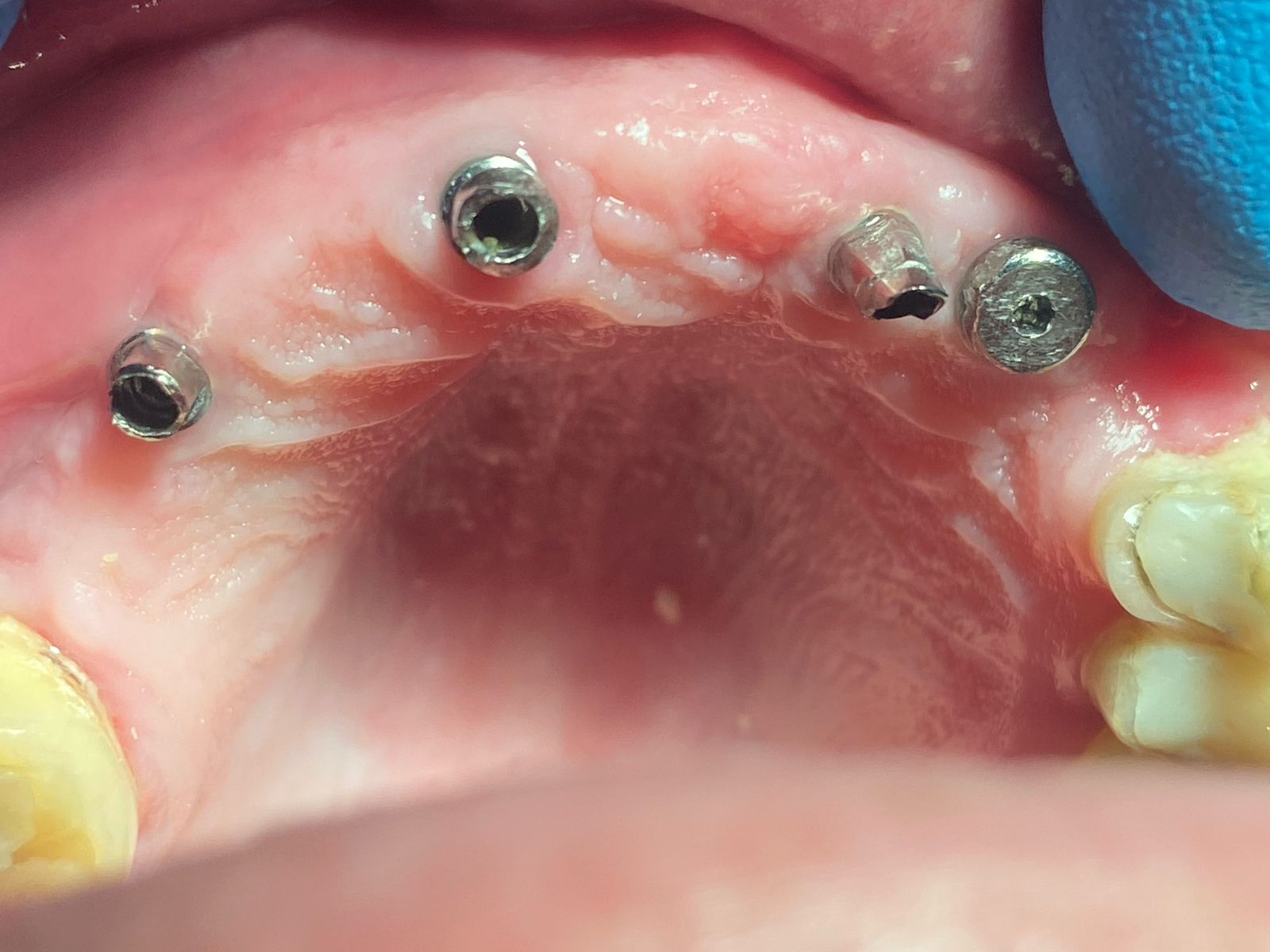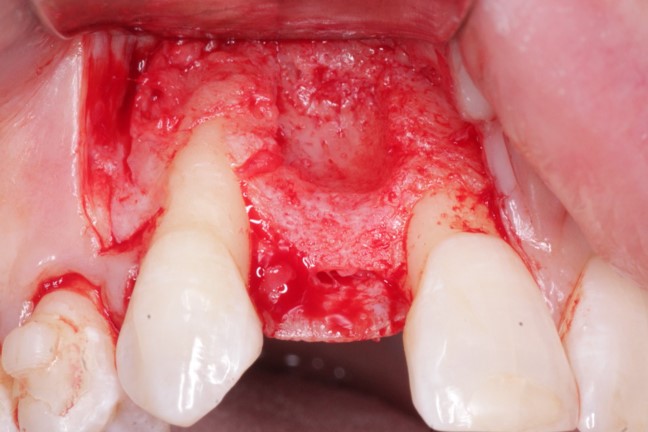Patient on Fosamax: When Can I Proceed with Implants?
Dr. R. asks:
I have a female patient who had been on Fosamax for quite some time. She was treatment planned for extractions, bone grafting and implants. Patient went off Fosamax 9 months prior. I extracted teeth and placed bone grafts 3 months ago due to ongoing chronic infection. Her CTX was above 150. The grafted site appears to have healed uneventfully. At this time 3 months after the extractions and graft have healed I really do not see any contra-indications to installing the implants. Any recommendations on how to proceed with the implant installation?
17 Comments on Patient on Fosamax: When Can I Proceed with Implants?
New comments are currently closed for this post.
John Kong, DDS
2/27/2012
Dr. R, I'm assuming the patient has been on Fosamax for over 3 years when you say "quite some time." Fosamax has a half-life of over 10 years, which mean, even if you have the patient stop taking fosamax for 9 months, it means diddly squat except for making you feel better.
I don't know the history of why 3 years, but it is the 'cut off' for increased risk for osteonecrosis. The patient should be informed of the increased risk, but it's not an absolute contraindication (unlike IV). It's up to you and the patient to decide with full understanding of the risks. Personally, I've never declined placing dental implants b/c my patient's been on oral bis-phosphanates for 3+years, but risks are always discussed and noted in the chart.
That said, osteonecrosis occuring as a result of bis-phosphonates are UGLY and don't respond as well to treatment. With the babyboomers living longer and so many being prescribed bis-phosphonates, I'm sure this will be an increasingly common complication for those of us placing dental implants. So, if you have good karma, you will hopefully never experience a fosamax necrosis.
Brandt Foster
2/28/2012
Dr R. I agree with Dr Kong. I routinely place implants on Pt with positive history of oral bisphosphonates and have not encountered any complications but informed consent is critical. I would also add that the ext's were probably the riskier of the procedures, so if you had an uneventful healing then you will probably be good with the implants too. However, I would allow longer than 3 months for the grafts to heal in these cases, if you are placing the fixtures into the grafted sites. "Longer" is pretty vague but base it on age and overall health. Consider 4-6 months. Hope that helps.
Baker vinci
2/28/2012
I don't know the answer to that question, but I'm placing an implant after an immediate extraction in a neurosurgeon/attorney tomorrow. He has been on the drug for three weeks. His oh, is impeccable and he is fully informed. My thoughts are sooner( before the osteoclast are affected), than later . We don't know enough about this drug to give you an emphatic answer. As I'm writing this, I am waiting on my RN to complete the ct on an 80 yo with bronj. She has been off of boniva, for two years. My suspicion is, that this has been brewing for at least two years, in that she is going to need a partial maxillectomy , at best. Not sure why she has just gotten to me. May pre tx, with HBO . Bv
SG
2/28/2012
Good advise...you have definitely already completed the more invasive procedures. I do think waiting at least 6 months is prudent.
Baker vinci
2/28/2012
I'll say it again, to suggest, that the active half life is nine years or nine days, is " loose science", at best . The propietory literature , is probably far from accurate, unless I'm seeing all of the " bronj", in Baton Rouge. I now have at least 10-12 active patients, all of which took the med. po.. So to give the definitive answer, is dangerous, at best. Remember, a lot of this audience is the patient population, seeking scientific advice. Kong is correct, this dz. is a mess, to treat. Bv
John Kong, DDS
2/28/2012
Baker, unless you're a scientist at Merck, leave it up to the experts. You can be the goto guy for wizzies, but leave the details of the pharmocology to company that makes Fosamax.
Fact: Half-life of fosamax is estimated to be over 10 years based on release of alendronate from the skeleton. It's not 'loose science' unless you want to tell Merck otherwise.
Baker vinci
2/28/2012
Kong , merc doesn't sign my check. Medtronic's scientist "spun some yarn", that got them into a mess and subsequently all of us that used that product are exposed. Are you so naive to believe everything some white coat spits out? BRONJ, wasn't descibed ten years ago, so to suggest you know something that is relevant a decade ago or ten years from now is silly. I wish my practice was limited to wizzies and implants! As boarded oral surgeon, I would expect more from you. Bv
james butler
2/29/2012
i'm still waiting for a case of "implant induced Bronj" to be posted here. extractions and flap surgery are by far the most common initiators. as an implant focused GP office, we only handle BP patients that are candidates for closed insertions (single stage flapless w healing collars or one piece) and have no complications due to BP's to date. the rest go to our well qualifed OMS and Perio friends.
SG
2/29/2012
Flap surgery??
Baker vinci
2/29/2012
That made me laugh!!!! Thanks bv
Richard Hughes, DDS, FAAI
2/29/2012
Baker your patient that has been on the med for three wks is probably not a big deal. I follow the recommendations of Marx.
Baker vinci
3/1/2012
I agree Richard! I have all the respect in the world for Marx . I have attended several of his lectures and took his 4 or 5 day path course about 17 years ago, when I was preparing for my first board exam. With all that he has provided for dentistry/surgery/medecine , it is a shame that he has touted some things, so heavily, that are now under " a cloud of suspicion". I feel like his involvement in promoting, PRP and BMP, was honest, but just too good to be true. Very few people doubt the HBO protocol, that he made famous. I have used it for the BRONJ patient as well as some immunosuppressed sinus disease. HBO, is one of those things you just have to believe in. While the theoretical mechanism, is quite simple, it's hard to say If you can see a tangible effect. I'll use it until proven otherwise. Bv
Richard Hughes, DDS, FAAI
3/1/2012
I suggest reading Dr Marx's book on bisphosphonates oral and iv. The first chapters are an eye opener. Check out the dental involvement during the clinical trials, it's nonexistent. NASA has done studies on oral bps, after 6 mo of use the osteoblasts are also adversely affected.
We are in uncharted waters.
Baker vinci
3/1/2012
Yuuup, and this is why the emphatic response, has no place with this topic. I've read some of it, but should read it all. Have a good one. Bv
Richard Hughes, DDS, FAAI
3/2/2012
DrR: You may want to give it more time on a drug holiday prior to implant placement. The good thing is that her CTx values are rising. Give it more time, take labs later, place her on Peridex rinses. Good Luck!
Baker vinci
3/3/2012
Some current and older literature, touts the efficacy of hormonal therapy ,for management of osteoporosis, even compared to the bisphosphonate meds. Obviously the female patient with breast cancer or a predisposition to such, can not go this route, but I'm going to predict that "bronj" is going to change the way doctors are going to treat this condition. I think the emperical management, has already been affected. Bv
Richard Hughes, DDS, FAAI
3/4/2012
I am still amazed how many of our medical colleagues are not aware of BRONJ and other OBP associated issues, even with members of their families. We also have to educate them!










